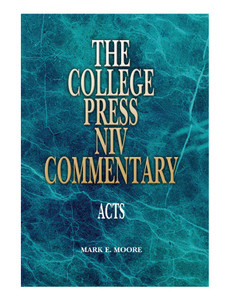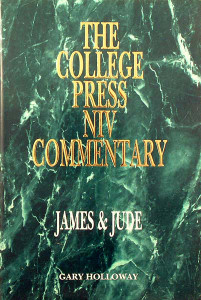
The Law of Moses (torah) asks and answers questions essential to the reading of Scripture. Some of these questions are launched upwards: Who is Yahweh? What are his credentials, promises, and expectations? Can he be trusted? Other questions of torah are launched outwardly: Who is this Moses? What are his credentials? Can he be regarded as a reliable guide? Finally, questions of torah are launched inwardly: What does it mean to be the people of God? How are such people identified? Where do they come from? Where do they go? Far more than a mishmash of short stories, endless genealogies, and odd rules; torah makes specific claims about the nature of Yahweh, Moses, and the people of God. Like a living document, it must be remembered, interpreted, and applied afresh by each generation
The book of Joshua attempts to do just this. Scripturally, it connects onto the end of torah, offering the story of the first generation to venture beyond the scraps of Mt. Nebo where the tracks of Moses stop abruptly, then disappear. For the Exodus generation, and indeed for Moses himself, a visit to this land of promise could only be appreciated vicariously, unless, of course, one were to include a deep-down ache for a place to call home. For the Eisodos generation, on the other hand, the promise would finally become reality. To fully appreciate their position, though, the words of torah and its stories of men whose feet trod this land centuries earlier must be remembered. By the late second millennium B.C., the trail of these early walkers is already old, but not yet cold; torah retrieves the pathways of Abraham, Isaac, and Jacob.
Beyond the task of remembering, the text of Joshua will also interpret torah. Moses is clear about the rules of Canaanite engagement, the division of land among the tribes, the establishment of cities of refuge, and a host of other issues. These instructions must be relocated and reconsidered in light of contemporary events. Given the twists of real life, the practice of law seldom hinges on a single point (oh, if only it were so easy!); more often it flexes longways through a whole process of assessing variables. Put differently, torah is umcompromising with regard to Canaan's residents. So how, then, should this code be read in the case of Rahab, the alien, or the Gibeonites? Similarly, torah is clear that once God's people are in the land, Yahweh will select one place of sacrifice and dwelling. How, then, should the "imposing altar" of the Transjordan tribes be understood? Clearly, one cannot read Joshua the text - much less Joshua the man - without sensing the challenge of interpreting a living document. There are no comfortable precedents here. Moses laid it down in the past, but Joshua must live it out in the present (taken from the introduction).
- Author/Speaker:
- Mark S. Ziese
- Binding:
- Hardcover
- Copyright:
- 2008
- ISBN:
- 9780899008806
- Language:
- English
- Pages:
- 402
- Publisher:
- College Press






